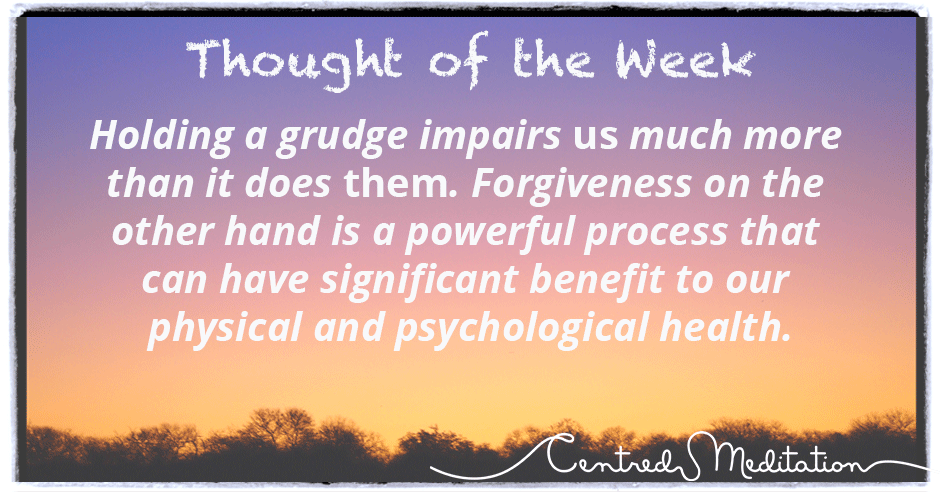I (Nikki) had my school reunion yesterday. It was a lot of fun to meet up with my old classmates, see how everyone had changed and discover what they had achieved this past decade. I was a little saddened to hear however that some of my classmates had refused to come to the reunion and it got me thinking about the notion of letting go and moving on from difficult experiences.
We’ve spoken already about how much our past experiences imprint on our non-conscious mind and continue to affect our personality and our way of being in ways beyond our comprehension. So we certainly can’t underestimate how instrumental those 13 years of schooling were in influencing our lives long after graduation. Let’s face it, the schoolyard was a pretty crazy place….a world unto it’s own in fact. We spent the majority of our time constructing and defending our egos, all in an effort to protect our self-worth. We said things and did things that perhaps we wouldn’t have said or done if we knew what we do now about how the world works. At some stage though, it’s important to acknowledge that we were all in the same boat. The bullies didn’t bully because they wanted to hurt us. The bullies bullied because they were hurting. We were just collateral.
Forgiveness is a powerful process. Western culture seems to perceive forgiveness as a sign of weakness, submission, or both. On the contrary though, we perceive forgiveness as a sign of great strength and security. Ironically, we often find it easier to stigmatise or denigrate our ‘enemies’ rather than to empathise with or forgive them, yet research suggests that holding a grudge impairs us much more than it does them! Ruminating on the event-in-question has been shown to raise the levels of stress hormones in our bloodstream, elevate our blood pressure, and contribute to weight gain. It can even affect our ability to focus and form new memories.


